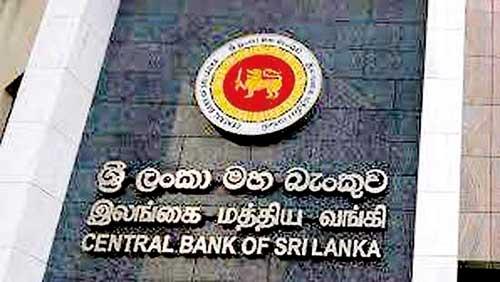Reply To:
Name - Reply Comment
In line with the objectives to foster a deeper and more liquid foreign exchange market and develop adequate systems for managing exchange rate risks, the Central Bank (CB) plans to implement the FX Global Code (FXGC) in the domestic forex market by the end of this year.
implement the FX Global Code (FXGC) in the domestic forex market by the end of this year.
CB recently revealed that it is in discussions with the ACI Financial Markets Association and market participants to enable it to implement the anticipated FX Global Code (FXGC).
“The purpose of implementing the FXGC in the domestic foreign exchange market is to provide a common set of guidelines to promote a robust, fair, liquid, open, and appropriately transparent market, in which market participants can confidently and effectively transact at competitive prices that reflect available market information,” the CB said.
The FX Global Code is a set of global principles of good practice in the foreign exchange (FX) market, developed to provide common guidelines that promote the integrity and effective functioning of the wholesale FX market. Principles of the code covers ethics, governance, execution, information sharing, risk management and compliance, and confirmation and settlement processes.
It aims to promote a market in which a diverse set of market participants, supported by resilient infrastructure, are able to confidently and effectively transact at competitive prices that reflect available market information and in a manner that conforms to acceptable standards of behaviour.
First published in 2017, the FX Global Code was created through a public-private sector collaboration across central banks and market participants. It is a living document and recently underwent a comprehensive review in 2021.
With the continuation of the current flexible exchange rate regime,e CB expects to support trade competitiveness and external sector stability in the coming years, as well as medium-term economic stability.
In particular, market-determined exchange rates are set to help correct the anti-export bias that prevailed in the past and the undue buildup of speculative pressure and subsequent volatility of the exchange rate.